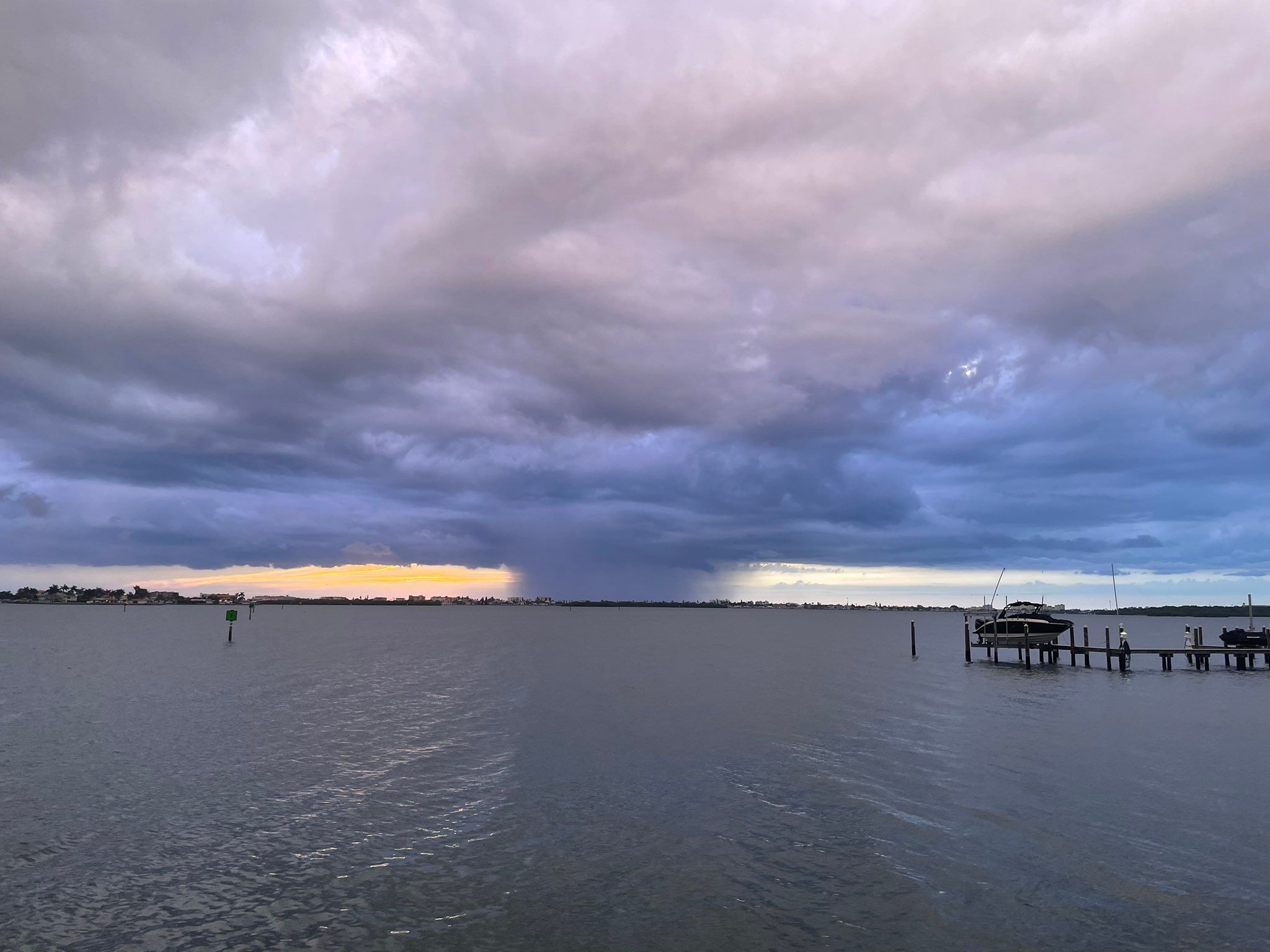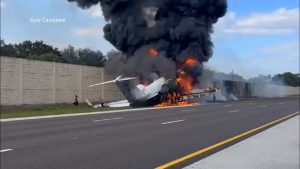Before Hurricane Ian makes landfall, Florida highways are choked with queues for gas, and some grocery shops in the Sunshine State are running out of basic supplies. Ohioans are packing up and moving south to assist.
Although he presently works for Ohio Task Force 1, one of the 28 task forces run by the National Urban Search & Rescue Response System and FEMA, Lieutenant Brian Harting is employed by the Bedford Fire Department. He is a heavy equipment rigging specialist.
Also Read| Hurricane Fiona strikes Dominican Republic after Puerto Rico, leaves 3 dead
The team’s 47 Ohioans are currently deployed to provide resources and support during Hurricane Ian, staging in southeast Alabama while they await word on where they will be most needed. They received word that they would be travelling south on Saturday.
“It’s just something we train for,” Harting explained, adding that the team trains frequently in Dayton. “I’m just glad we can help and represent Ohio and our communities back home by offering some assistance.”
Also Read| Capitol rioter Anton Lunyk received a White House call on Jan 6: Report
The team was dubbed the “Swiss army knife of the federal government” by task force chief Jack Reall. Reall claimed that their squad has a variety of semi vehicles, box trucks, boats, and other supplies to be prepared to act.
Reall added, “We’re fairly well geared up for basically anything that may happen in a hazardous environment. We can perform anything from building collapse rescue right now to confined space rescue to swift water rescue.
Also Read| World leaders pay tribute to former Japan PM Shinzo Abe at state funeral: Pics
The American Red Cross is looking for ways to assist as well. According to Jim McIntyre, regional communications director for The American Red Cross of Northern Ohio, they are reaching out to their volunteer network.
“Right now, we have one Canton volunteer who has been deployed to Florida and is ready to work in shelters,” McIntyre said. “We also have a need for additional volunteers, and have reached out to our volunteers to see who is available to work for a couple of weeks in the coming days.”
Also Read| Juneau landslide: Houses damaged, power knocked out in Alaska capital
According to McIntyre, disaster deployment typically takes 11-14 days. Their volunteers are trained to work in shelters, distribute food, and provide mental health counselling in disaster response and disaster assessment.
Furthermore, McIntyre stated that they are always looking for people who want to go through the training to become volunteers to help with future disasters, and that the American Red Cross relies on community donations.







